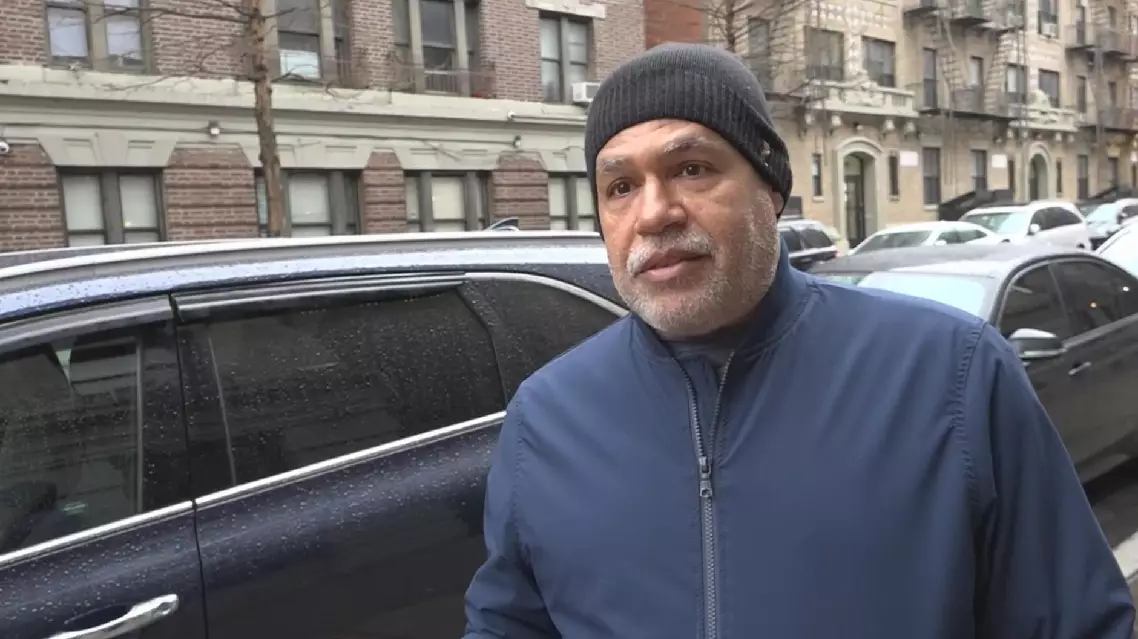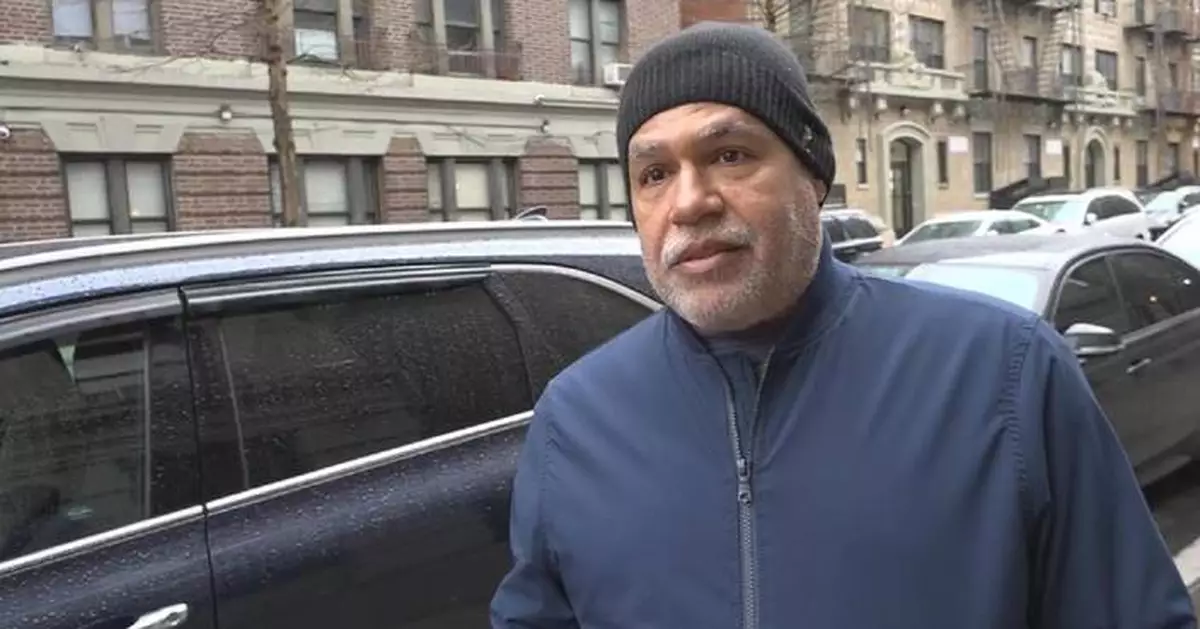Americans are bracing for higher prices on everyday goods following the U.S. government's decision to impose sweeping tariffs on imports, with fears mounting that the added costs will strain household budgets in the coming months.
The move has sparked widespread unease among consumers, particularly low- and middle-income workers, who worry that imported staples, from groceries to household items, will soon become significantly more expensive.
"Basically, eggs, simple things like eggs, simple things like mangoes, pineapples, things that we get imported is going to be more expensive for us. So me, like a low-class working citizen, it's going to be 15 dollars for some eggs. That's more than a trip to work back and forth three days, you know what I mean? It's horrible, it's horrible for us," said Jerome Wilkins, a security guard.
Amelia Guilford, a retail worker, echoed his concerns, noting that the U.S. depends heavily on foreign goods.
"I believe that everything is going to go up because, at the end of the day, America consists of outside. So we can't stop what's coming in and increase. People don't understand in America that we don't make anything here. Everything is imported," she said.
Jose Pena, a janitor, highlighted the uneven impact of rising costs.
"There [are] two different types of people. People who got money, they could do that. But not a lot of people can afford to go or spend an extra 1,000 dollars or 500 dollars on food. So it's not everybody that could do that," he said.
Lois Adams, a nurse, pointed out that some daily essentials simply cannot be sourced domestically.
"There are things in America that we use on the daily, that we consume on the daily, like coffee, that you cannot grow here. We don't have the actual climate. You can't create an eco-climate to buy coffee," she said.
Beyond immediate price increases, some fear the tariffs could disrupt global trade. Sara Pears, a teacher, warned, "I think it's just going to make everything way more expensive and slow down growth, global trade."
Retiree Loretta Brown lamented the steady rise in the cost of living, saying "I mean, everything is going up, nothing is going down. The only thing that's going down is the money."
Pamela Levitt, currently unemployed, criticized the policy's wider implications.
"It affects everything. It trickles down to everything and it makes all of our costs go up. And it's not fair to the other countries either," she said.

Concerns grow as new tariffs threaten to drive up daily cost of living for Americans




















































